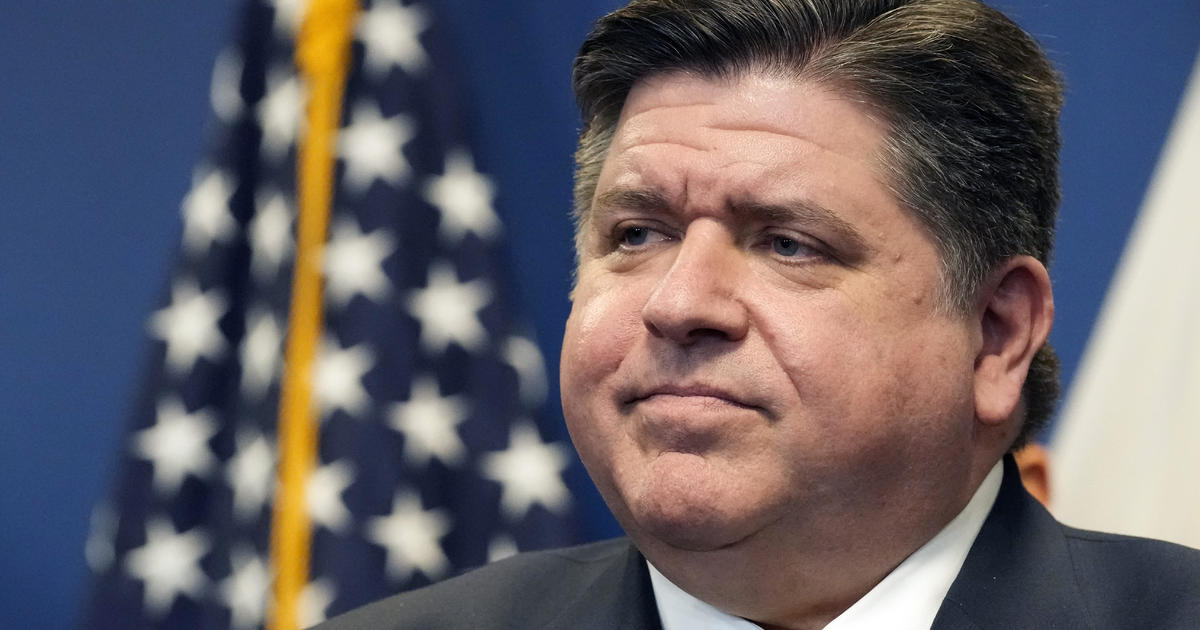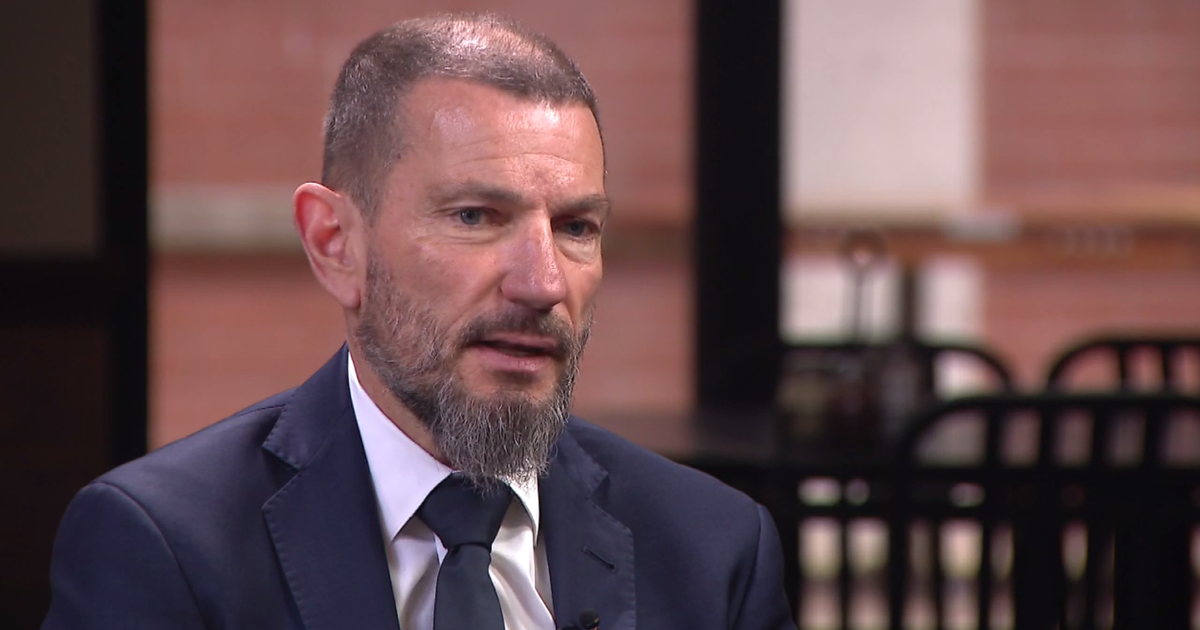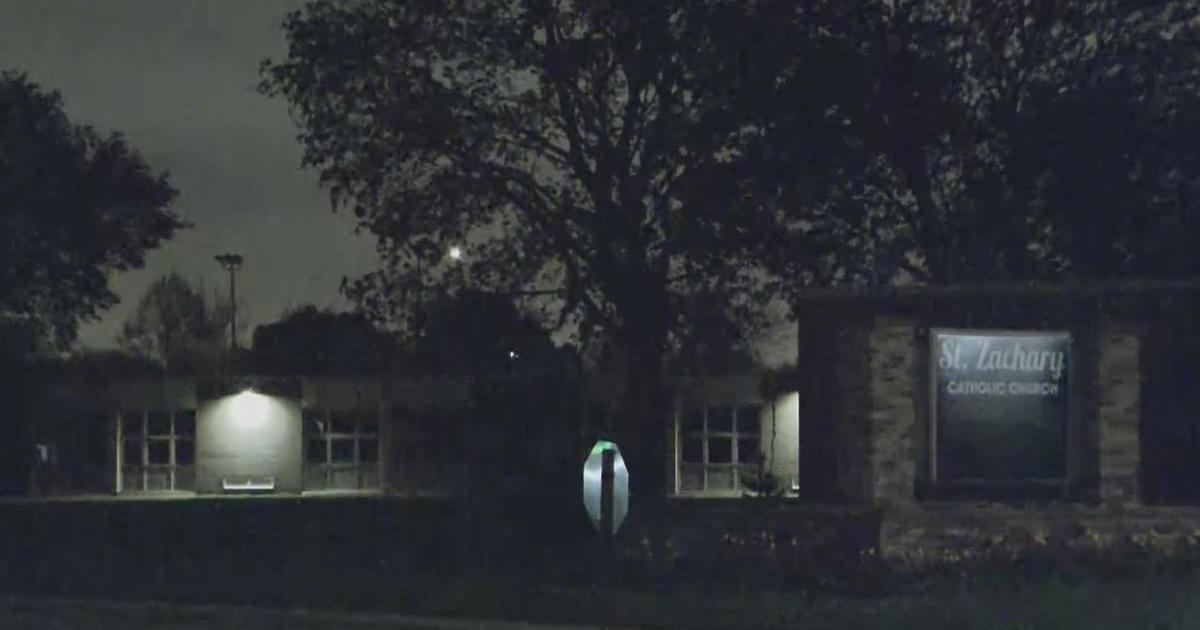Daley Says Pension Reform Could Force Historic Tax Hike
UPDATED 12/2/10 - 5:47 p.m.
SPRINGFIELD, Ill. (CBS) -- Illinois lawmakers have approved a pension reform proposal that Mayor Richard M. Daley warned would result in the largest property tax hike in Chicago history.
The legislation requires higher contributions from local governments over the next 30 years to help shore up underfunded pension funds.
As CBS 2's Vince Gerasole reports, for the first time, cities and other municipalities in Illinois would be required to fund the pensions for their workers at 90 percent by the year 2041.
In the city of Chicago alone, that amounts to some $500 million a year starting in 2015.
"This would be the largest property tax increase in the history of the city of Chicago," Daley said Thursday.
The mayor's office said the legislation would mean Chicagoans would have to pay up to 60 percent more on their property tax bill in order to meet the required funding level.
Chicago aldermen and the mayor's office sounded the alarm bell at City Hall Thursday afternoon, warning of a potentially devastating impact on the city.
"Everything gets laid on the backs of our property tax payers here in Chicago," Ald. Danny Solis (25th) said at City Hall on Thursday. "The biggest risk is we could wind up having cities that are ghost towns with foreclosures."
"We're going to have to lay off more police and firemen because we don't have a way of paying for it," Ald. Walter Burnett (27th) said.
The Illinois Senate approved the proposal 46-4 on Thursday, sending it to Gov. Pat Quinn's desk. The governor's office would not say if Quinn will sign it.
The legislation's sponsor said the measure is necessary to shore up severely underfunded municipal pension funds.
"We've put a very strong commitment in here to make sure municipalities throughout the state pay their dues into the system," said Sen. Terry Link (D-Waukegan).
Government watchdogs said lawmakers have been threatening this action since the spring, so it shouldn't be a surprise to city officials.
An older law let Illinois towns avoid paying into pension accounts, and they often did.
"The statue really gave them a sweetheart deal," said Ralph Martire, executive director of the Canter For Tax and Budget Accountability. "They way underfunded what it costs to actually deliver the benefit on retirement."
City officials knew the pension reform was on the horizon. They were just hoping for a few more years to work out compromises with their union workers, time they might not have.
"Employees are part of the solution, they are not the problem," Daley said. "But if they don't come to the table, the taxpayers, you have to pay for every public employee in the city of Chicago, for all their pensions, forever."
Senate President John Cullerton (D-Chicago) promised to work with city officials to ease the financial burden and to offer additional legislation when lawmakers return in January to take care of the problem.
But Sen. Antonio "Tony" Munoz (D-Chicago) said the potential impact on Chicago is too great to risk adopting a proposal that didn't address the matter with finality.
If municipalities don't contribute the required amounts, the state comptroller must withhold state grants due the city or county, and contribute the money to the appropriate retirement fund.
The legislation also would cut pension benefits for future police officers and firefighters in Illinois.
LISTEN: Newsradio 780's Melissa Hahn Reports
Podcast
Police and fire officials hired after Jan. 1, 2011, would have to work to age 55, instead of 50, to earn full benefits.
End-of-career pension bumps would end by requiring pension checks to be based on an average of an employee's final eight years' salary, not just the last year. The maximum salary that could be used to consider retirement benefits would be $106,800, adjusted each year for inflation.
Current employees would not be affected.
The proposal is reminiscent of a law Quinn signed earlier this year reducing benefits for future state employees to help ease the burden of state pension systems that are underfunded by more than $80 billion.
(TM and © Copyright 2010 CBS Radio Inc. and its relevant subsidiaries. CBS Radio and EYE Logo TM and Copyright 2010 CBS Broadcasting Inc. Used under license. All Rights Reserved. This material may not be published, broadcast, rewritten or redistributed. The Associated Press contributed to this report.)



